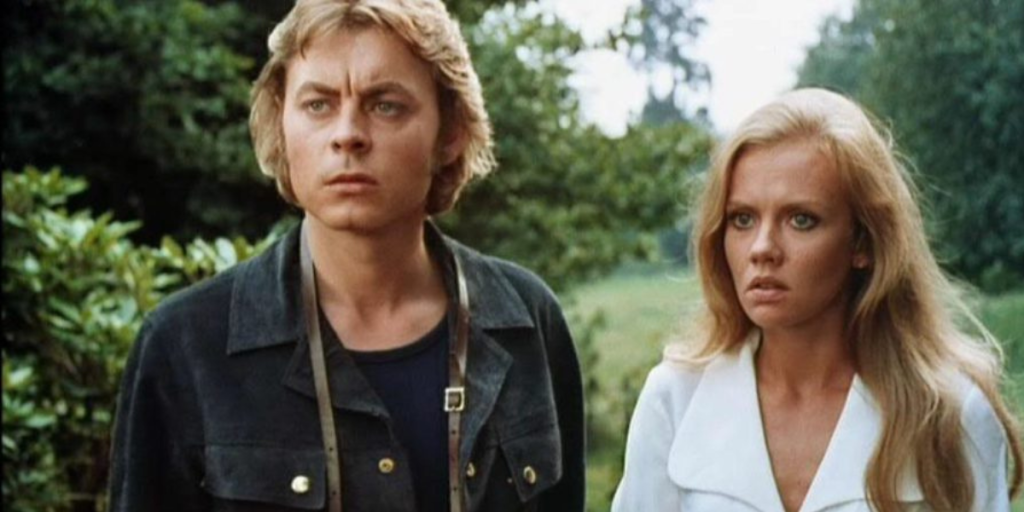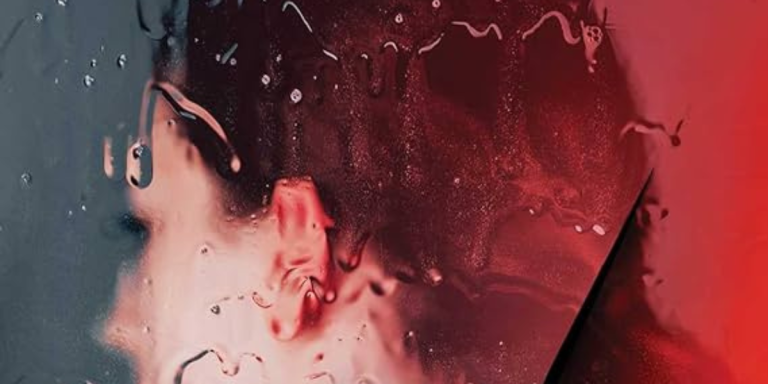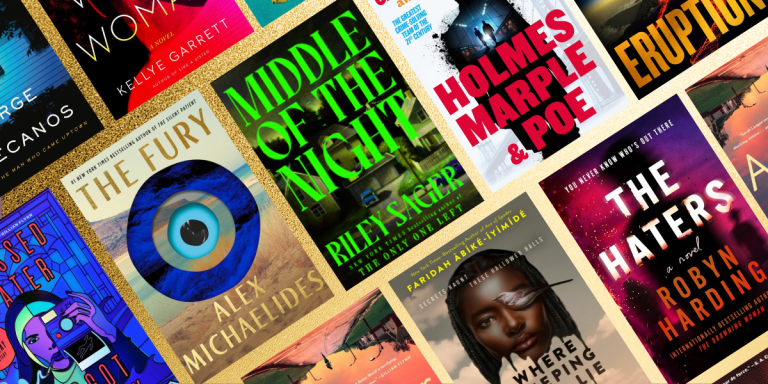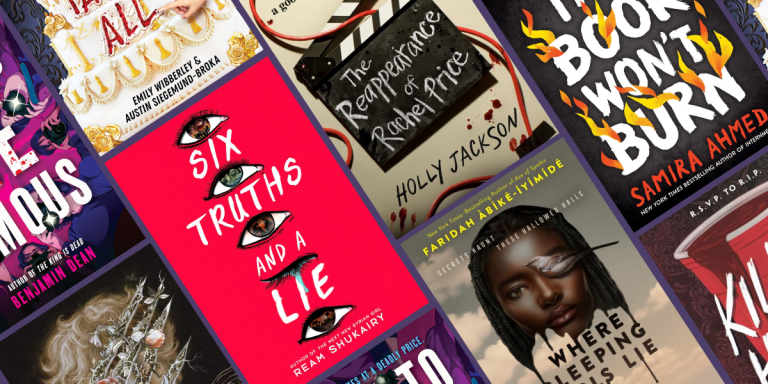Agatha Christie Screen Spotlight: ‘Endless Night’ Offers a Horror-Tinged Gothic Take on Agatha Christie

Agatha Christie is not known for horror. Although her mystery novels are full of suspense, it would be tough to categorize anything in them as scary. Kenneth Branagh brought in some horror elements to his film reimagining of Christie’s Hallowe’en Party in 2023’s A Haunting in Venice, but for the most part Christie films and TV series remain focused on facts, clues and solutions. Even the seemingly otherworldly occurrences in A Haunting in Venice are mostly just smokescreens for mundane betrayal and murder.
That’s what makes 1972’s Endless Night a curious outlier among Christie adaptations, although it’s still a bit of a stretch to call it a horror movie. Christie’s 1967 novel is also something of an outlier, with a build-up of gothic atmosphere before the requisite murder occurs fairly late in the story. Writer-director Sidney Gilliat retains that structure, adding some psychedelic touches that connect his movie to arthouse filmmakers like Nicolas Roeg (Don’t Look Now) and to the Italian giallo movement. It’s unsettling and off-kilter, if never exactly horrific.
Gilliat opens the movie with a connection to another master of suspense, Alfred Hitchcock, in narration that recalls the famous opening lines of Hitchcock’s Rebecca, with the unnamed protagonist’s melancholy reflection of the estate called Manderley. Here, it’s the equally troubled Mike Rogers (Hywel Bennett) telling an unseen companion his tale of woe. “I’ll never forget Gipsy’s Acre, as I saw it that very first time,” he says, as he recounts the events that led him to his current predicament.
At the beginning of that story, the seaside piece of land known as Gipsy’s Acre is just a dream for Mike, who works a series of odd jobs and longs for the life of the glamorous people he drives around as a chauffeur. In that capacity, he meets famous architect Santonix (Per Oscarsson), who’s so accomplished that he only needs to go by a single name. Santonix is designing a house for a demanding Greek tycoon, but when he hears about Gipsy’s Acre, he predicts that he will one day build a home for Michael there.
That prediction comes true thanks to American heiress Ellie Thomsen (Hayley Mills), whom Michael meets as he’s photographing Gipsy’s Acre. At first, she doesn’t tell him that she’s the “world’s sixth richest girl,” as a newspaper dubs her, but they fall in love so quickly that they barely know anything about each other anyway. They secretly marry soon after meeting, over the objections of her family, and Ellie purchases Gipsy’s Acre, despite the warnings of strange local woman Miss Townsend (Patience Collier), who claims that the land is cursed.
Like Joan Fontaine’s character in Rebecca, Mike is seemingly haunted as soon as he and Ellie move into the house that Santonix has created for them at Gipsy’s Acre. It may be an ultra-modern (for 1972) home, complete with a retractable floor in the living room that reveals a hidden swimming pool, but it still has the gothic feel of a crumbling old mansion. It’s full of ominous decorations, like the creepy cat statue given to the couple by Ellie’s former tutor and longtime friend Greta (Britt Ekland).
Amid the melodrama of Mike and Ellie’s marriage, which is strained by the nearby presence of her disapproving family members and the apparent jealousy between Mike and Greta, Gilliat throws in surreal touches, from the depiction of Miss Townsend as a tumbling scarecrow to the apparent glow in the eyes of Greta’s cat sculpture. Mike seems constantly on edge, and Gilliat puts the viewer on edge, too. Seeing Christie’s name in the credits adds to the suspense, since it creates the expectation of a dead body showing up eventually.
That murder finally does happen, along with a climactic twist that sends Mike even further into the abyss of madness. Gilliat favors impressionistic flashes of confrontations and confessions over the more orderly explanations of Christie’s novel, and this may be the only Christie adaptation that leaves the viewer uncertain of what really happened. For audiences used to rigorous mysteries with tidy solutions, that unresolved feeling may prove disquieting — which is exactly the point.
By clicking 'Sign Up,' I acknowledge that I have read and agree to Hachette Book Group’s Privacy Policy and Terms of Use
What to Read Next
Josh Bell is a freelance writer and movie/TV critic based in Las Vegas. He’s the former film editor of Las Vegas Weekly and the former TV comedies guide for About.com. He has written about movies, TV, and pop culture for Vulture, IndieWire, CBR, Inverse, Crooked Marquee, and more. With comedian Jason Harris, he co-hosts the podcast Awesome Movie Year.


